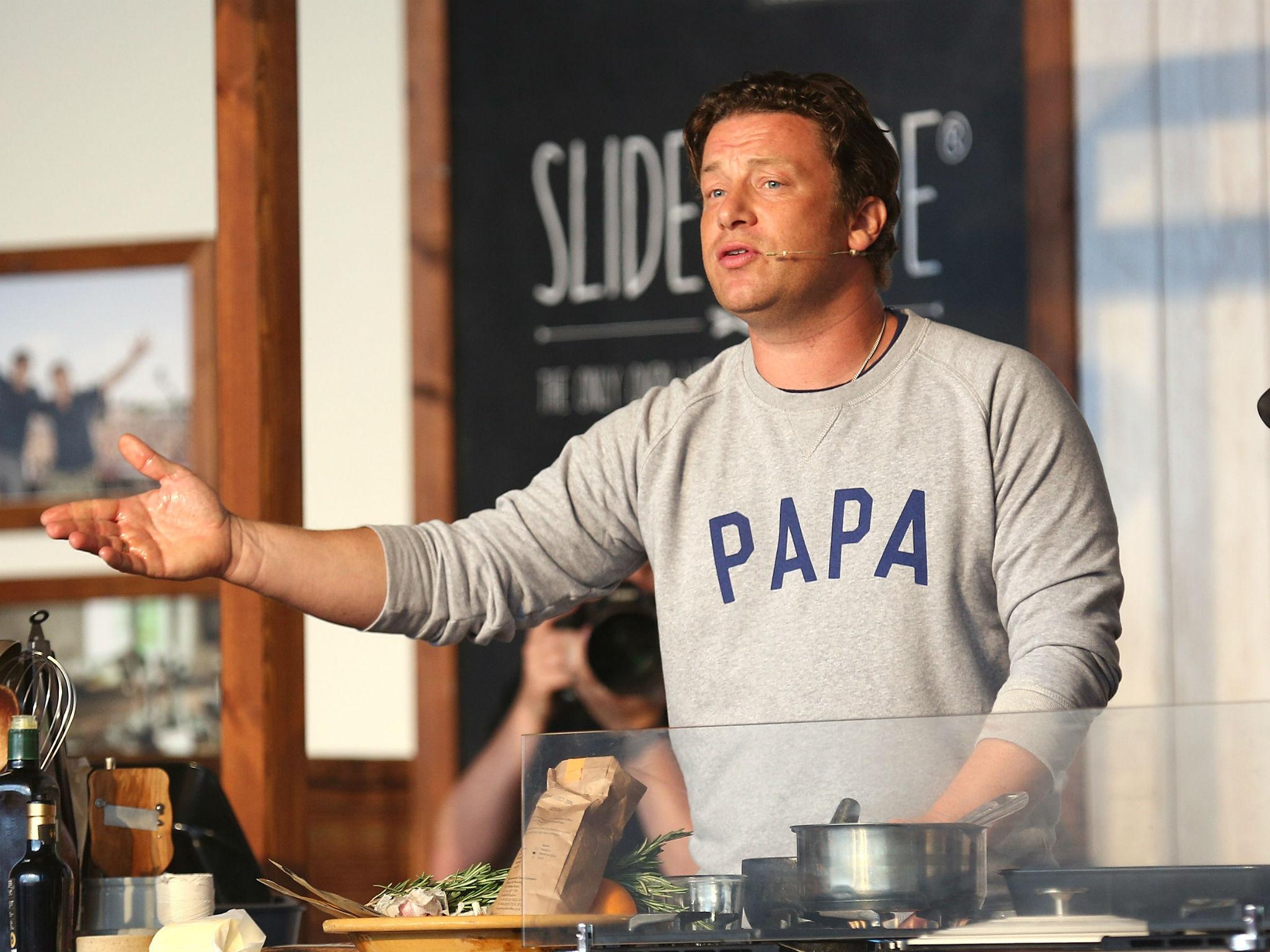Amsterdam just opened a 'sugar rehab clinic', conveniently ignoring the real reason why everyone's addicted to sugar
It’s all very well to 'inform' people of the dangers of hidden sugar but it’s a strategy that only works if the people you’re talking to have other options

This week the Dutch Diabetic Foundation launched the world’s first pop-up sugar rehab clinic in the heart of Amsterdam’s tourist district. The clinic will be open for one week and focuses on giving out information about healthy eating and avoiding “hidden sugar”, rather than providing the medical and counselling services traditionally associated with rehabilitation.
The Amsterdam clinic is next door to an English sweet shop, a deliberate move on the part of the organisers, who choose the location “because [Leidsestraat] is a sweet street, with many temptations, shops full of candy, ice cream and chocolate”. As the UK has a similar level of diabetes to the Netherlands and both countries are among the highest sugar consumers in the world, it’s worth asking if the UK needs its own sugar rehab clinics in similar places.
The notion of sugar addiction isn’t new; medical professionals have been pointing out the harmful side effects of over-consumption since the Eighties. It is only recently, however, that sugar has been explicitly compared to other addictive substances like alcohol and tobacco.
In 2015, Liverpool University Professor Simon Capewell described sugar as “the new tobacco”; a provocative statement which caught the attention of anti-sugar campaigners around the world. Capewell’s statement was criticised by former Health Secretary Andrew Lansley and other academics but the damage had already been done.
“Comparing sugar to smoking and its effects is dangerous and has very little, if any, scientific proof,” argues journalist Chris Tilbury. “Unlike smoking, which is known to cause cancer, sugar does not directly link to [illnesses which cause] death. The link between conditions like diabetes… is calorific overconsumption. It is not specific to sugar.”
Misappropriating the language of addiction, such as calling information booths “rehab clinics”, creates false parallels and obscures the real issue facing sugar addicts. Specifically the socio-economic factors behind our growing dependence on the white stuff.
Unlike many other addictive substances, sugar is interwoven into the fabric of people’s lives to the extent that a lot of addicts cannot afford to give it up, no matter how much information we give them. Historically, attempts to restrict sugar in the public’s diet tend to vilify the lifestyles of people who eat a lot of sugar, while presenting them with few alternatives. Food poverty campaigners like Jack Monroe have pointed out that poverty and cheap fast food lead many low-income families to become overly reliant on sugar. Elsewhere, studies show that there is a direct link between sugar consumption and economic status.
It’s all very well to “inform” people of the dangers of hidden sugar but it’s a strategy that only works if the people you’re talking to have other options. As Ruby Lott-Lavigna said in response to Jamie Oliver’s 2015 sugar tax campaign; “[A sugar tax] capitalises on the poverty that has forced people into poor diets in the first place.”
In short, a lot of the “hidden sugar” in our diets comes from cheap food which, with 3.5 million UK children living below the poverty line, is often all that families can afford to eat. Until campaigners and politicians focus on the economic inequality that prompts many people’s sugar addictions, temporary rehab clinics will continue to be nothing more than toothless PR stunts.
Join our commenting forum
Join thought-provoking conversations, follow other Independent readers and see their replies
Comments
Bookmark popover
Removed from bookmarks